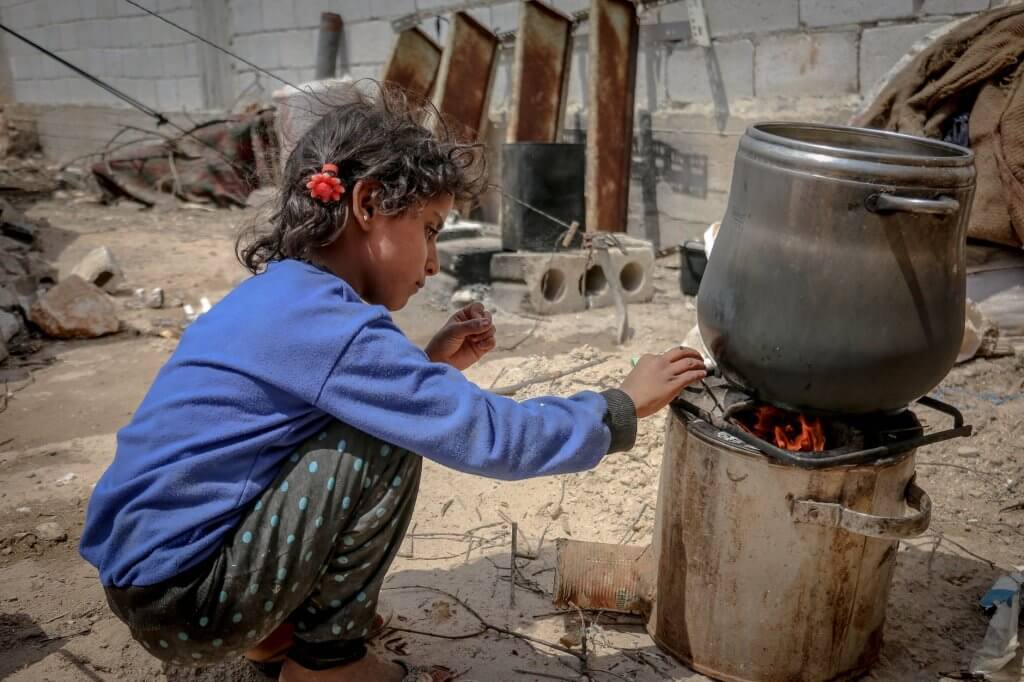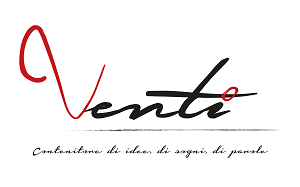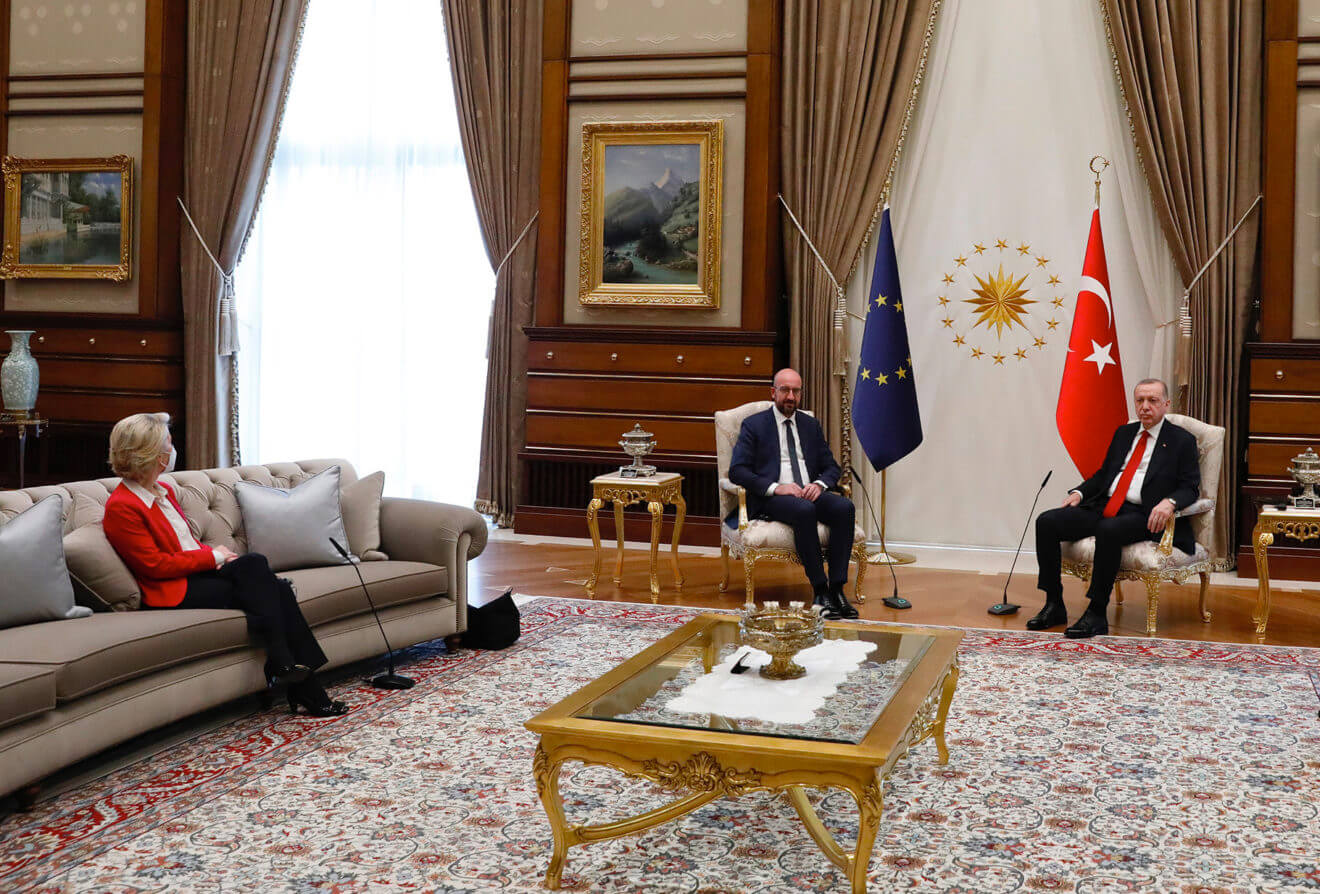On Tuesday the 6th of April, a meeting between the two most important European leaders and the Turkish President occurred. Ursula von der Leyen, The President of the European Commission, and Charles Michel, the President of the European Council, met with Recep Tayyip Erdoğan, President of Turkey, in Ankara for what will be probably remembered as sofa gate.
An awkward situation – someone would call it a diplomatic incident – caused several criticisms right after the meeting kicked-off: three leaders involved in an official convention, two chairs available in the room, and the only woman of the group left to sit on a sofa, aside from the center of the discussion, which was symbolically controlled by the two male leaders.
Was the room setting arranged in that way on purpose? Was the response of the two EU leaders adequate at that moment?
Let’s look closer at all subjects involved. On the Turkish side, President Erdoğan, in office since 2014, defines himself as a “conservative democrat”. The NGO Reporters Without Borders ranks Turkey 154th out of 180 countries in the 2020 World Press Freedom Index, defining it as “the world’s biggest jailer of professional journalists”. The censorship of websites like Facebook, YouTube, Twitter, and Wikipedia is an ordinary event over there. On the 20th of March 2021, through a presidential decree, Turkey withdrew from the Istanbul Convention, the international treaty promoted by the Council of Europe to prevent and combat violence against women. Ironically, the first country that ratified the Convention was Turkey itself back in 2012. Henceforth male chauvinism is just what we could have expected from Erdoğan.
But what about the reaction from the EU leaders? In such an embarrassing situation, Charles Michel thought best to take the seat next to Erdoğan, showing only a slight regret for his gesture later on. Ursula von der Leyen, instead, looked puzzled and irritated while standing far from the other two leaders. It’s hard to say whether von der Leyen’s decision not to speak up was the right one, or whether Michel’s lack would have been putting von der Leyen on the spot. For sure, none of the two showed a firm reaction. Unfortunately, the sofa gate overshadowed the critical topics on the agenda: the Aegean Sea dispute between Turkey and Greece for the use of the international maritime space, the Istanbul Convention withdrawal, and the refugees’ management on the Syrian border.

In the days after the Ankara meeting, the international debate on the sofa gate escalated: the most impactful statement came from the Italian President Mario Draghi, who commented on what happened to von der Leyen during a national press conference. He defined Erdoğan as a “dictator – with whom one nonetheless has to coordinate”. As a matter of fact, despite the debatable foreign policy in Kurdistan, Syria, and the Aegean Sea, the EU has been financing Turkey with 6 billion Euros to stop the refugees flow from Syria since 2016 (von der Leyen at that time was the Minister of Defense of Germany, playing a crucial role in building up this agreement between the parts).
Although the male chauvinist episode needs to be undoubtedly condemned, the main point of discussion should focus instead on the EU decision to deliberately “cooperate” on delicate humanitarian topics – human lives – with someone that has been defined as dictator by one of the most prominent leaders.
In the specific case of the refugees’ Balkan Route, the EU leaders decided to trade human rights with domestic consensus. In fact, the internal social problems were already too heavy for the member states to be summed to the incoming flow of migrants from the middle east: the only immediate solution left was to ask for help from Erdoğan, blocking those people far away from the continent in violation of refugees’ protection rights.
As Gandhi says: “To safeguard democracy, the people must have a keen sense of independence, self-respect and their oneness“. Is the EU, motherland of democracy and cooperation, pursuing these values by dealing with Turkey’s current government?
The hope is that one day the missing chair of the Ankara summit will be given to the progressive Turkish young generations that strive for a more emancipated and modern country, to all those refugees blocked on the Syrian border on their way to Europe, to all the Kurdistan women fighters for resistance of Women’s Protection Units, and to all those leaders that do not accept to collaborate with a dictator.
Lavora con i numeri ma ama le parole. Le sue radici affondano nella Magna Grecia, ma dopo aver vissuto in 5 Nazioni su 2 continenti ha molti posti che può chiamare casa. Storyteller wannabe


